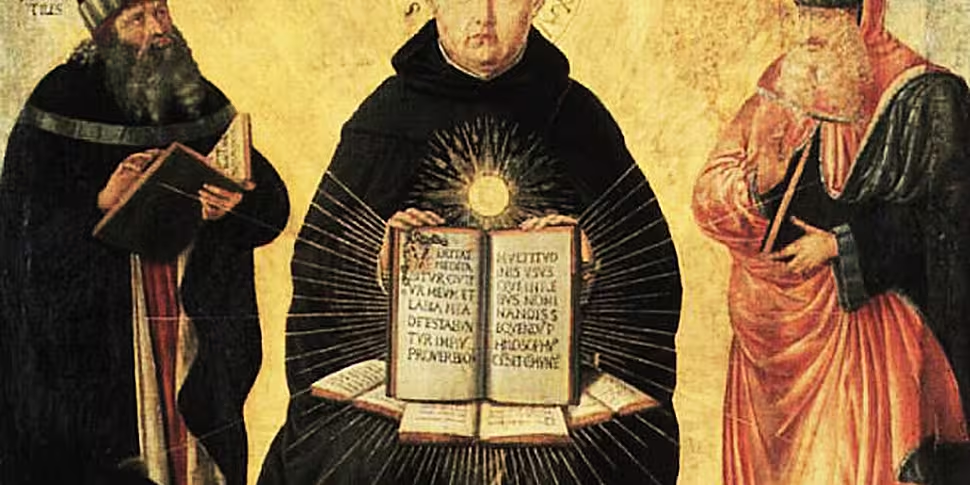Few figures have cut such a swath through history as Thomas Aquinas. This was not done at the tip of a sword, however, but through teaching and thought.
The younger son of a noble Italian house, Thomas was destined for a future in religious robes. While his brothers played at soldiering and court Thomas would be submerged in classes and books. What his family did not anticipate, however, was Thomas joining the newly emerged Dominican Order.
The Dominicans were not the renowned order they are today when Thomas choose to join their ranks, eschewing membership in more established orders to follow his own personal calling. This decision had massive ramifications for Thomas himself and the order as a whole.
Thomas quickly caught the attention of his teachers and superiors as a sharp and intelligent student. This meteoric rise through the Dominican ranks would not be simple or without controversy, however.
One of Thomas' greatest strengths was his open mind and he sought out the work of Christian and non-Christian thinkers alike. This willingness to engage with and adapt the work of Arabic, Jewish, and pagan thinkers was divisive during and after Thomas' life and, for some time, risked the reputation and future of Thomas and the Dominicans.
Time weighed in favour of those who looked to expand the breadth of Christian philosophy and, in the end, the legacy of Thomas rose to meteoric heights while his opponents became largely forgotten by time. Today the Dominicans stand as one of the strongest orders with a strong intellectual reputation. This is largely thanks to St Thomas Aquinas who is, rightly, celebrated as one of the Church's greatest thinkers.
Join Professor Ciaran Brady, standing in for Patrick Geoghegan, as he delves into the life, thought, and legacy of St Thomas Aquinas with a panel of experts. Does Aquinas deserve his reputation as one of history's greatest thinkers? And is there a place for his teachings outside of churches and seminaries?









